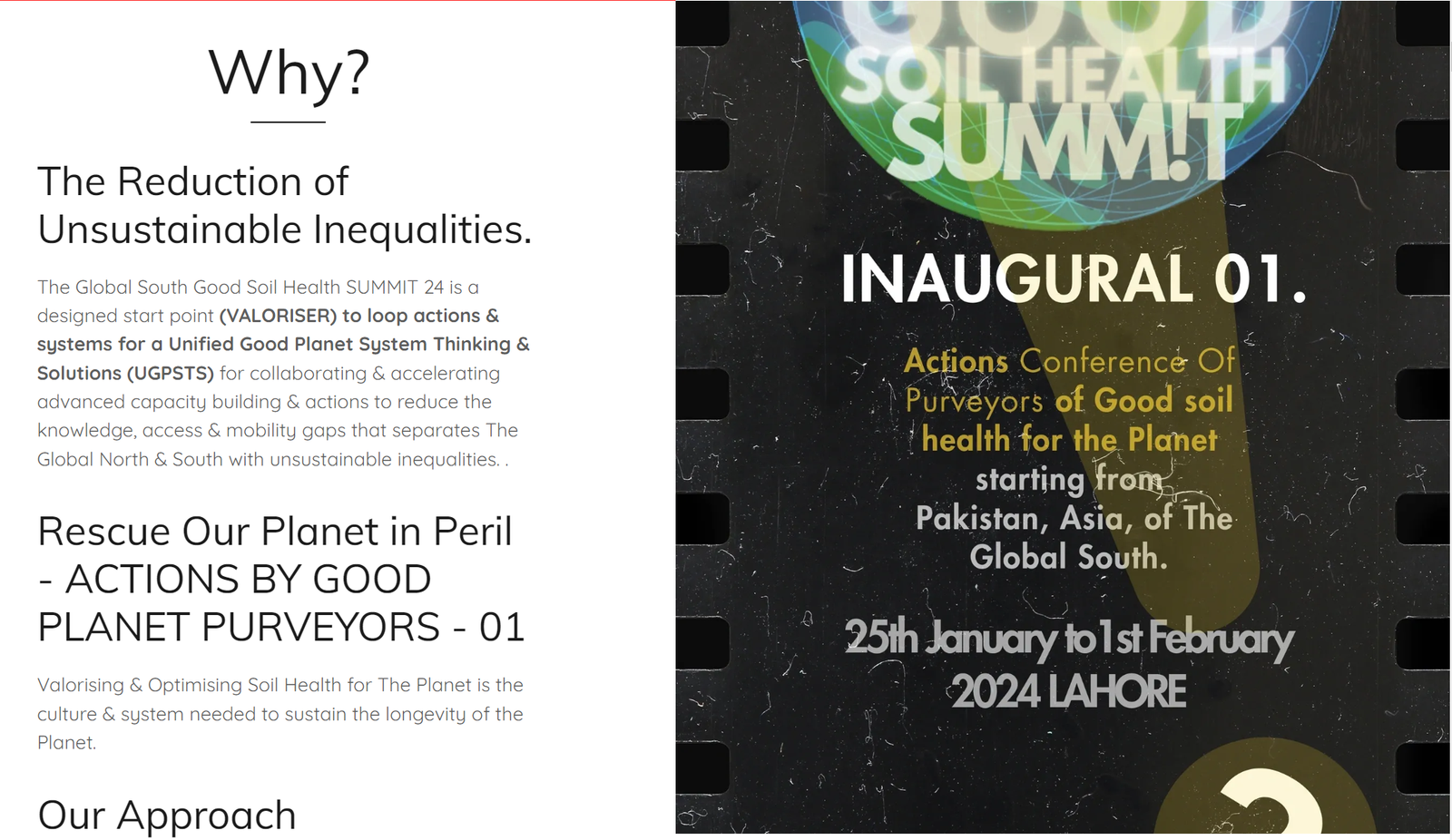Why GSFN Global South Summits?
As we confront urgent global challenges, we’re at a crucial crossroads in achieving the 17 Sustainable Development Goals (SDGs) and the Paris Agreement targets. These frameworks are essential for our planet’s future, yet progress toward them is dangerously behind. More ambitious and effective action is needed—and it’s needed now.
GSFN’s Global South Summit is here to accelerate progress through a unique focus on localisation—adapting global sustainability commitments to the specific needs and strengths of local communities. Localisation, especially of Nationally Determined Contributions (NDCs), has the power to transform communities by addressing climate change directly at the local level.
Why Localisation?
By aligning the SDGs and NDCs with community needs, localisation ensures that sustainability efforts truly serve the people they aim to benefit. However, significant barriers remain, such as lack of policy coordination, limited local data, and insufficient collaboration across government levels. GSFN Global South Summits address these challenges by empowering local communities and creating a collaborative platform for effective localisation.
Key Objectives of the Global South Summit
The Summit is built around four main goals to drive impactful community-led actions:
- Adapt Global Goals Locally
- Translate global agreements, like the Paris Agreement, into locally relevant actions to create real impact in diverse communities.
- Accelerate Sustainable Transformation
- Drive faster transitions toward sustainability and climate neutrality, focusing on ambitious yet achievable goals.
- Enhance Multi-Level Coordination
- Bring together local, regional, and national government levels to support cohesive, accelerated action.
- Expand Localisation Efforts in NDCs
- Encourage widespread application of NDCs in local communities as primary tools for both the SDGs and Paris Agreement implementation.
The GSFN Difference: Communities at the Heart
The GSFN Global South Summit is unique in that it places local communities at the forefront. By actively involving local voices, this event fosters practical, responsive solutions—strengthening public services, empowering communities, and building social cohesion.
How Localisation Benefits Communities
- Responsive Public Services: Communities involved in decision-making can shape services that better meet their specific needs, such as prioritizing renewable energy to improve local access and affordability.
- Participatory Democracy: Engaging people in decisions that affect them builds social trust and democratic values, fostering networks and teaching valuable skills.
- Social Cohesion and Capital: Through active participation, communities gain confidence, resilience, and stronger social bonds.
Summit Highlights
The Global South Summit provides a unique opportunity for:
- Peer-to-Peer Knowledge Exchange: Connect with like-minded leaders from Global South nations, sharing best practices and contextual insights.
- Demystifying NDCs: Make NDCs more accessible, technically grounded, and less politically complex, empowering local leaders to drive impactful initiatives.
- Focus on Inclusive Development: Address issues like poverty, health, education, and employment through locally relevant, community-driven solutions.
- Recognition and Engagement: The Summit includes GSFN Awards that celebrate impactful contributions, inviting communities across boundaries and diverse backgrounds to participate.
Join Us to Drive Real Change in the Global South
GSFN’s Global South Summit is more than an event; it’s a commitment to sustainable futures shaped by communities themselves. We’re launching a groundbreaking capacity-building pilot in Pakistan, Egypt, Kenya, Nigeria, and beyond—an interdependent, collaborative leadership model designed for lasting impact.
Take part in this transformative journey with us as we empower communities to lead in climate action, ensuring that every voice contributes to a resilient, inclusive, and sustainable future.
GSFN TURKEY GLOBAL SOUTH SUMMIT APR 2025 – COMING SOON
UFA-GSFN CAMEROON GLOBAL SOUTH SUMMIT – JAN 2025
NEPAL Global South Summit
GSFN 2024 Annual Conference
GLOBAL SOUTH PARADIGMS
GSFN UNITED KINGDOM Global South Summit
24-25 July 2024
GSFN ZAMBIA Global South Summit
27-28-29 Jun 2024
GSFN NIGERIA Global South Summit
24-25-26 Apr 2024
GSFN KENYA Global South Summit
18-19-20 Mar 2024
GSFN EGYPT Global South Summit
18-19-20 Feb 2024
GSFN PAKISTAN Global South Summit
25-26-27-28-29-30-31 Jan 2024
Empowering the Global South for Climate Action and Sustainable Development
Addressing the severe challenges of climate change and achieving the Sustainable Development Goals (SDGs) is not just a necessity—it’s an urgent call to action. To effectively navigate the complexities of climate policies and drive sustainable development, countries, communities, and individuals in the Global South must be equipped with the knowledge, skills, and resources they need. Empowering these stakeholders is essential to meet national, regional, and global climate targets.
The Global Sustainable Futures Network (GSFN) believes in the power of building capacity through regional dialogues, fostering greater engagement, and promoting the exchange of ideas. Our approach strengthens the ability of countries in the Global South to design and implement robust national adaptation plans that increase impact and sustainability in the fight against climate change.
Effective strategies for community engagement and the creation of cooperative platforms are crucial. These strategies should ensure equitable participation in climate solutions, focusing on the principles of “common but differentiated responsibilities” to address the climate crisis. We emphasize the need for innovative finance and technology to support low-carbon growth and policies harmonising macroeconomic, financial, trade, and industrial goals for regional development and climate resilience.
GSFN Summits offer an unprecedented opportunity for Global South communities to tackle the gaps in existing institutions, technology, and finance. These summits provide a platform for South-South cooperation, fostering economic integration and shared learning in areas like clean technology, energy transitions, and green economy management tailored to local circumstances.
The leadership of the Global South is crucial in climate change and sustainable development. At the local level, communities can co-develop impactful solutions, foster engagement, and enhance resilience. Nationally, these communities can advocate for policies that protect their resources, promote biodiversity, and increase political participation in climate actions. Internationally, Global South leadership ensures equitable resource distribution and collaboration, bringing mutual benefits to all parties involved.
Through leadership in climate action, the Global South can drive worldwide improvements, creating positive, long-lasting changes across scientific and non-scientific communities alike. By empowering the Global South, we can collectively co-create a sustainable future, advancing the well-being of humankind and the planet as a whole.


